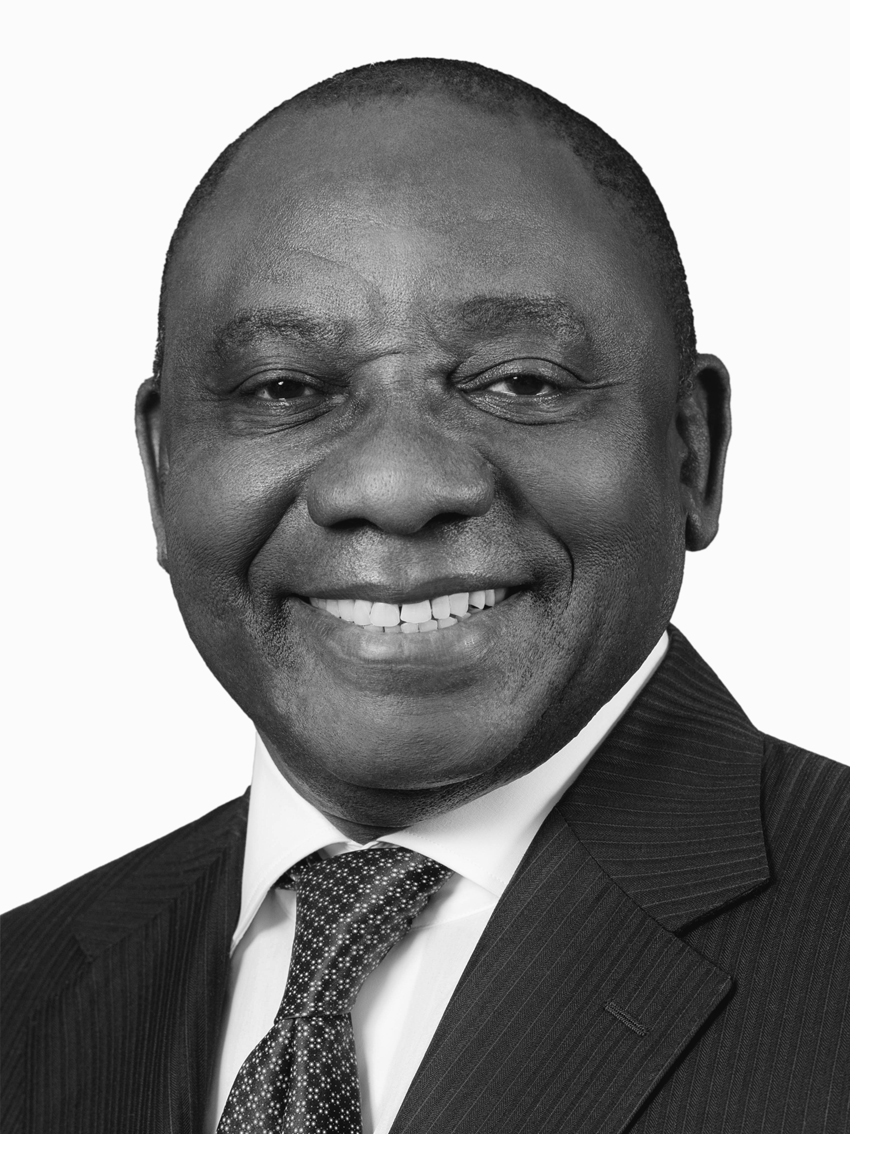Remarks by President Cyril Ramaphosa at the Launch of Indlulamithi South Africa 2030 Scenarios, Theatre on the Track, Kyalami

Programme Director,
Indlulamithi project leader, Prof Somadoda Fikeni,
Members of the Steering Committee,
Former President Thabo Mbeki,
Leader of the Official Opposition in Parliament , Mr. Mmusi Maimane and all other political leaders,
Members of parliament,
Archbishop Thabo Makgoba and leaders of the clergy,
The leaders in Academia,
Distinguished Guests,
Ladies and Gentlemen,
It is a great pleasure to have been invited to be with you here today at the launch of the Indlulamithi scenarios.
I was fortunate enough to have had a preview of the scenarios and had a brief opportunity to engage with some of the thinking behind them.
These scenarios are a timely contribution to the debates that have been reignited throughout our country as we apply ourselves – with renewed determination – to the building of a more equal, more honest and more united nation.
I want to congratulate and thank the group of individuals from different walks of life who got together in last year’s winter of uncertainty, who seized the moment to begin building these thought-provoking scenarios.
Your intervention represents the conscious action by politically engaged and theoretically advanced individuals to contribute to the creation of a united, non-racial, non-sexist, democratic and prosperous society.
There is unique value in an exercise like Indlulamithi, which presents the big picture – the complex interplay of economic, political, social and cultural developments – and that gazes into the future.
Too often, far-reaching policies are developed with a narrow, somewhat restricted view of reality – and without proper consideration of the wider impact the measures might have.
Very often, as citizens, workers, business people, professionals and consumers, we abdicate civic responsibility to the elected few and become cynical spectators of the ‘game’ of nation building.
In doing so, we reduce ourselves to armchair critics who merely curse the darkness while doing absolutely nothing to create light.
These scenarios provide an instrument that allows us to broaden our vision and to move from the armchair to the drawing board.
It challenges all of us to engage with the realities of our society in all their complexity.
Scenarios bring home to us the fact that the future is a choice, not an inevitable fate – and we can all influence many of the choices that push our country in one direction or another.
They reinforce the notion of agency – that as individuals and as a collective we can act in ways that determine the course of history.
While these scenarios are essentially concerned with a national vision, our actions can have a broader impact, on the continent and even further afield.
You will not agree with all the details of the three pictures the Indlulamithi team has painted of South Africa in 2030.
That is not what you are meant to do.
You are meant to wrestle with them, to interrogate them, to see how the links between actions and consequences could play out better.
Indlulamithi is offering us an opportunity to be a society that is engaged in robust discourse about its future and the shared dreams of its people.
As exciting and compelling as the process to develop these scenarios has been, the next phases of this project offer possibly even more value.
This launch is just the beginning of a process of engagement across society to refine these scenarios and develop focused scenarios for specific sectors.
This will provoke many South Africans to consider afresh the assumptions they have long held about their area of work and will challenge them to look to the future with a different perspective.
This can only enrich the choices they need to make now to achieve better outcomes in the future.
The idea that beyond the envisioned phase of engagement and further scenario development, these scenarios could assist in forging a social compact may seem to some as overly ambitious.
That should not deter us.
Were it not for the ambition of those who prosecuted the struggle for freedom, we would not today be living in a democracy defined by a progressive Constitution and Bill of Rights.
If we are to forge a meaningful social compact that unites all South Africans behind a programme of fundamental change, we need to have a common vision of where the country is going.
These scenarios assist us in defining that common vision.
For that, we are extremely greatful to the many architects of Indlulamithi.
In the months to come – through many hours of passionate, insightful debate – the number of architects will multiply and in time become the builders of a better future for all our people.
I thank you.




